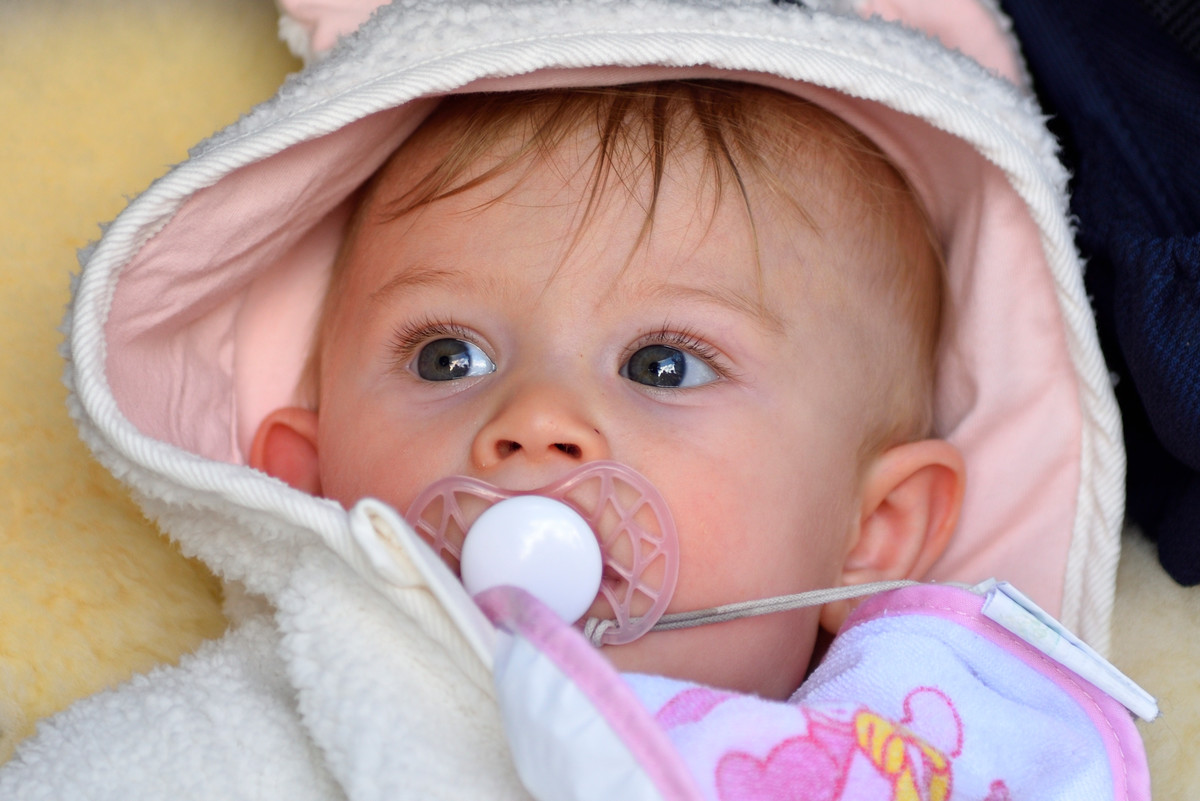- Home
- Hearing Loss
- Audiology
Test Your Newborn’s Hearing to Prevent Future Complications
2020-08-11 In the United States, about 2 to 3 out of every 1,000 infants are born with a hearing loss, with an estimated 1.3 million children under the age of three diagnosed. You might think that this type of hearing loss would be hereditary, but in over 90 percent of cases, the parents of these children have regular hearing. For this reason, new parents both with and without hearing loss should plan to have their child’s hearing tested before they can speak, to determine if there are any complications present from birth.
Hearing loss in newborns is often the result of exposure to chemicals during pregnancy, genetic disorders, tumors, low birth weight, structural problems in the inner ear, and infections passed from mother to baby. With early treatment, these issues can be addressed and your child will likely be able to hear and communicate at their age level.
Parents often wait until their child fails to develop proper language and social skills before visiting a hearing care professional. However, babies are capable of soaking up language and grammar at an astonishing rate well before they can speak, making it important for them to hear the sounds and speech of their parents and caregivers clearly in the first crucial years. In fact, audiologists have determined that children who have their hearing loss treated before 6 months of age are most likely to experience a full recovery.

In some cases, a child may need to have a cochlear implant surgically installed to restore hearing, but this procedure is rare and reserved for patients with severe hearing loss. Most children can restore their hearing and develop their language skills with the help of hearing aids and training exercises with a speech pathologist both in and out of school.
Hearing screenings for infants are fairly common in most hospitals, but you should still check with your doctor before taking your baby home to discuss the results of their audiogram and other related tests. Should your child’s test display signs of abnormal hearing, there is no reason to panic—almost 10 percent of all American newborns fail their hearing test, but less than 1 percent actually have permanent hearing loss. Still, parents should plan to bring their newborn back for future follow-up screenings, as many types of hearing loss can develop shortly after birth.
In addition, pay attention to the way your child reacts to auditory stimuli in their environment. At two months old, babies should quiet down when they recognize your voice, and by one year, they should be able to babble and respond to loud and soft sounds, including music. Toddlers that become easily frustrated with instructions or show signs of antisocial behavior may also be suffering from a debilitating hearing loss. If your child seems to be developing these skills late or poorly, a visit to a hearing care professional should be a priority.

The symptoms of autism in young children are often similar to the symptoms of hearing loss. Even if you don’t suspect that your child has an Autism Spectrum Disorder, you should have a talk with a developmental pediatrician or psychologist to determine if their symptoms are hearing related or if they could be signs of a separate disorder.
Ideally, treatment for newborns should begin as soon as the first symptom is detected, as the time spent waiting for an official diagnosis could lead to further developmental delays. Keep your child safe from the lifelong dangers of hearing loss by contacting a hearing care professional online and scheduling an appointment.
Latest
Audiology













All 0 comments